Worldwide Pharmacy Adventures Part One: Canada
In Blog
Follow this topic
Bookmark
Record learning outcomes

Alison Hemsworth
National Assistant Head of Primary Care Policy (Pharmacy and Dispensing Doctors) at NHS England
Two birds with one stone
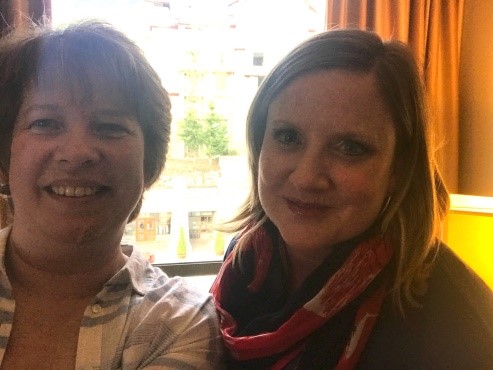 As a pharmacy technician registered with the General Pharmaceutical Council I'm always looking for innovative ways to achieve revalidation activities. In May 2017 I came across a series of live tweets by Canadian pharmacy technician Amanda Mushynski about the Canadian Association of Pharmacy Technicians (CAPT) conference that she was attending. About a week earlier I'd been revisiting my current job description for similar reasons and I was reminded that it has a statement in it which says that the post holder should 'identify examples of national and international best practice'. Throw into the pot my personal desire to travel more and my destiny for 4th-6th May 2018 was set....
As a pharmacy technician registered with the General Pharmaceutical Council I'm always looking for innovative ways to achieve revalidation activities. In May 2017 I came across a series of live tweets by Canadian pharmacy technician Amanda Mushynski about the Canadian Association of Pharmacy Technicians (CAPT) conference that she was attending. About a week earlier I'd been revisiting my current job description for similar reasons and I was reminded that it has a statement in it which says that the post holder should 'identify examples of national and international best practice'. Throw into the pot my personal desire to travel more and my destiny for 4th-6th May 2018 was set....
I was going to the CAPT 2018 conference!
It took a lot of planning and personal expense but there's no stopping me when I get an idea into my head and so it was on 1st May 2018 I boarded a British Airways flight to Vancouver to begin the first of what I plan to be several international ventures of this nature.
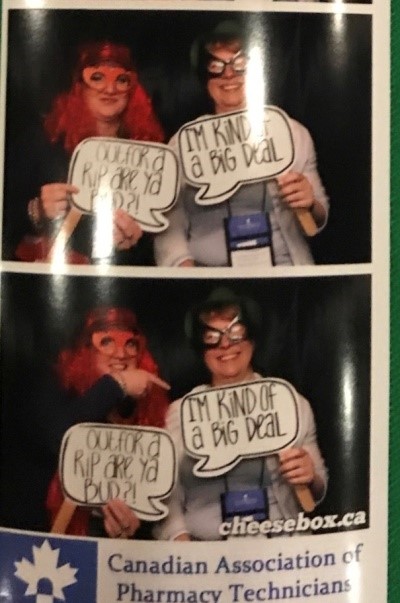
The importance of socialising
The reason for going to this conference was to learn new things and to spread best practice but I hadn't expected new ideas to start before the conference began. CAPT start their conferences with a welcome drink, nibbles and a photo booth! Many introductions were made while conference attendees decided which silly hat they were going to wear in the booth and who they were going to have their photo taken with. An excellent ice breaker.
If you follow me on Twitter you will have seen the live tweets from the conference so I'm not going to replicate that information here. Through listening to and engaging with others during the conference I learnt a significant amount and this account is for all of you that asked me to feedback my learning. I've also tried to put in information that my new Canadian followers might appreciate so that the sharing of learning can continue.
Initial education and training leading to registration
The experience as a pre-registration pharmacy technician (PTPT) in Canada is very different to that in the UK. Here our qualifications are achieved concurrently over two years whilst working. Learning for PTPTs in Canada is more akin to how pharmacists are educated in the UK.
First they complete a two year, full-time, course at an accredited college. In some provinces that learning, incorporating an exam, includes the safe use of social media. At the end of the two year course they must sit a law exam that is relevant to the province/territory in which they will be practising. Some provinces, such as Ontario, require their PTPTs to undertake a 12 week placement once they've passed the law exam. Finally in order to be able to register they need to complete a multiple choice paper and a four hour set of Objective Structured Practical Examinations (OSPEs). The registration exams are set nationally by the Pharmacy Examining Board of Canada but registration itself takes place per province/territory. To work in multiple provinces/territories pharmacy technicians need to be registered with all relevant regulatory bodies. I had a quick look at the standards by which pharmacy professionals in Canada must abide by and they are fairly similar to the GPhC's Standards for Pharmacy Professionals.
Regulation
Canadian regulatory bodies, such as the Ontario College of Pharmacists, have very similar responsibilities to the GPhC. However when they conduct an inspection of a pharmacy premise (both in the community and hospital sectors) the inspection includes a review not only of the premise but ALSO of the pharmacy professionals working within it. Pharmacy Technicians in Canada have been required to register for a similar length of time to those of us working in the UK and so information on professionalism and ethics is still very relevant. At the conference a pharmacist called Dr Patricia Gerber gave what I thought was the best description of professionalism in healthcare that I've heard to date:
Professionalism is an act of implicitly entering into a social contract
Professional Leadership
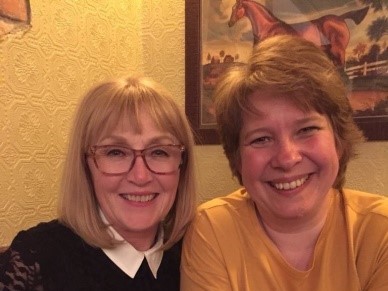 Like the Association of Pharmacy Technicians UK (APTUK) CAPT is a relatively small, but growing, organisation. It currently has 783 members. One very different thing is that in Canada each of the provinces has their own professional leadership body (PLB) in addition to CAPT. One such organisation is the Pharmacy Technician Society of Alberta (PTSA). Diane Reeder, who helps to run the PTSA, told me that the numbers of pharmacy technicians who join the PLB in the province in which they work are much higher.
Like the Association of Pharmacy Technicians UK (APTUK) CAPT is a relatively small, but growing, organisation. It currently has 783 members. One very different thing is that in Canada each of the provinces has their own professional leadership body (PLB) in addition to CAPT. One such organisation is the Pharmacy Technician Society of Alberta (PTSA). Diane Reeder, who helps to run the PTSA, told me that the numbers of pharmacy technicians who join the PLB in the province in which they work are much higher.
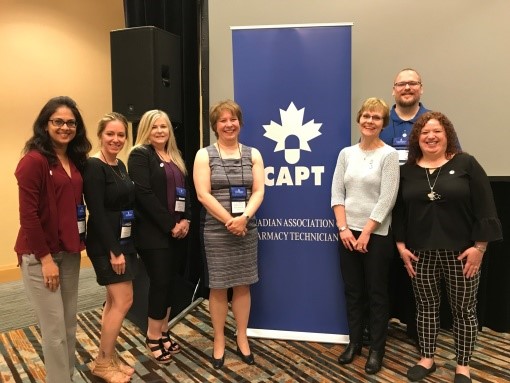
CAPT have recognised that they need to give greater credence to succession planning and in an effort to do this they have recently created the role of Past President. The explicit aim of this post is to provide direct support to the Vice President so that they have the full range of competences necessary to take on the role of President when the time comes. They have also created a 'nomination committee'. These individuals will be responsible for finding pharmacy technicians to join the Board of Directors and then help with their training once they have been selected. This should boost succession planning as supported volunteers are more likely to stay in post long term.
A commonality between CAPT and APTUK is that neither currently have any paid officers. This was the subject of some debate at the conference AGM. I was able to join the AGM because a year's membership of CAPT is included in the price of the conference. The current President of CAPT, Colleen Norris, explained that there has been an active decision not to go down the route of paid officers. I know from attending many APTUK conferences that this is an issue that has been debated many times and in a way it was good to understand that pharmacy technicians in other countries are struggling with the same issues. If you are reading this from a country that does pay it's PTs to be national officers it would be good to hear from you.
Conference
A presenter's dilemma is: do you need to take paper copies of your slides to give to the audience? Whilst Canada is most definitely the land of trees there certainly weren't many that were chopped down to create paper for the CAPT conference. That's because they encouraged all attendees to utilise the Grupio app. It has multiple functionalities. It hosts the agenda, it provides cyberspace on which to host, read and download all the presentations and it even lets delegates give real time feedback allowing for automated evaluation. The presentations stay on the app for quite a long time after the conference has finished so you can go back to them or share them with people who weren't there (as I've done). If the organisers allow for it non-attendees can also access the slides in real time so that they can follow along. This has been a very useful resource since I came home, not least to prompt memories for writing this blog.
CAPT actively encourage PTPTs to present at their conferences and the students who presented at this year's conference gave excellent presentations on malaria prevention and antimicrobial resistance (AMR)
Clinical Practice
It's fair to say that the clinical practice of pharmacy technicians in Canada is a long way behind their UK counterparts. As an example when I told the student who gave the presentation on AMR that in England we have specialist AMR pharmacy technicians she was astounded and, I think, went away determined to make that happen where she will be working when she qualifies.
I'm not sure how many UK pharmacy technicians would say that part of their responsibility is to provide training to patients on the medical devices that they have been prescribed but in Canada it's one of the things that distinguishes a pharmacy technician from a pharmacist. Compounding is big business in Canadian pharmacies both in the community and hospitals. There is very little purchasing of 'specials'. That took me back to my training days over 30 years ago.
The highlight for me was listening to, and later meeting, the Canadian Pharmacy Technician of the Year 2018, Alyssa Stanlake. She and her colleagues, from the Pier Health Resource Centre, gave a presentation about the service they provide to their patients who are all on a substance misuse programme. More about Alyssa in a moment.
Canada currently has an opioid crisis. In an effort to try and counteract this some provinces, such as British Columbia and Saskatchewan, have introduced regulation which allows all registered healthcare professionals to administer naloxone even if this is not normally within their scope of practice.
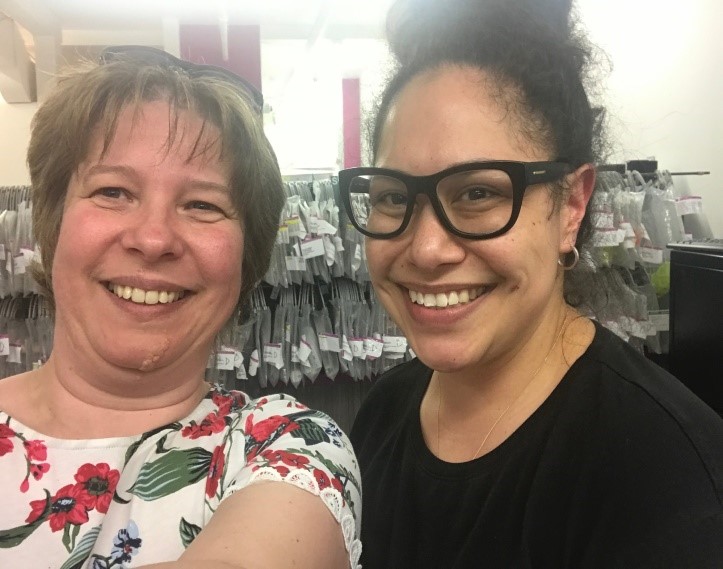
The reason Alyssa achieved the accolade of PT of the Year 2018 is because she project managed, on behalf of her employer, the distribution of naloxone kits within the local community and organised training to teach residents how to use them. She has effectively saved many, many lives. The day after the conference I paid an unscheduled visit to Alyssa in her workplace and I naively chose to walk there because it was such a nice afternoon. I knew when I was nearly there because the streets were quite literally lined with homeless people a significant number of which were openly shooting up in the street. Many of the street corners had a blue light ambulance on them caring for someone who had overdosed. Ironically I was more scared of a sign the day before advising me what to do if I saw a bear!
Integration
Whilst the mainstay of substance misuse treatment in the UK is methadone increasingly in Canada its injectable hydromorphone. Pharmacists at Pier Health are at the front of the pharmacy giving clinical advice and clinically checking prescriptions. Alyssa and her pharmacy technician colleagues run the dispensary. The pharmacy also employs a nurse responsible for daily assessment of the overall health of the patients, drawing up the hydromorphone and handing it over to the patient to self administer. Each patient gets 10 minutes after which the nurse administers the drug for them. It was a truly humbling experience to see healthcare professionals and their patients interacting with each other in this environment.
Technology
In British Columbia, where the conference was held, there is an IT system which allows any pharmacy in the province sight of any dispensing activity that has taken place across the province in the previous 14 months. Alyssa told me that this was particularly useful in her workplace as her patients lead very chaotic lifestyles. She was also very clear that this system kept her patients safe.
Pier Health manages their daily workload with a mixture of manual and robotic dispensing with many of the patients receiving either strip packs (from the robot) or blister packs (manual). The other bit of technology that Alyssa relies upon I've only ever seen in hospitals before. She uses a pod machine to receive the clinically checked prescriptions from the pharmacists and then sends the dispensed medicines back via the same method for them to be checked and handed out to the patient by the pharmacist.
Cultural Safety and Cultural Humility
In British Columbia the regulator is encouraging all pharmacy professionals to be sensitive to cultural safety and humility. Part of that sensitivity is making sure that pharmacy staff are aware of the politically correct phrases for indigenous people. In the UK we would use terms like discrimination and racism but hearing this presentation, and seeing Alyssa and her colleagues bring it alive, taught me that this topic is so much more than being cognisant of discrimination. Its about understanding cultural differences, acknowledging why they are there and using that information to ensure that patients get care that is tailored to their needs and not our idea of their needs. In the UK we are more likely to talk about ethnic minorities but the same principles would and should apply.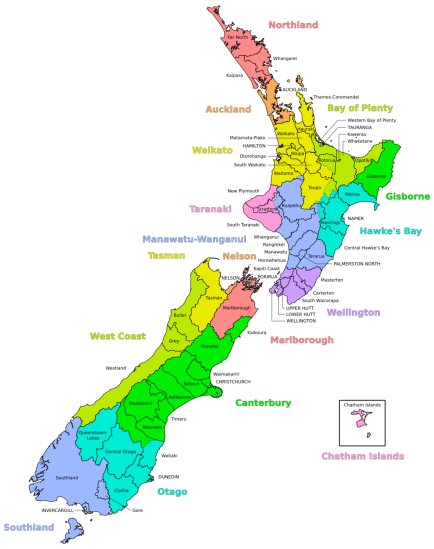
An invitation to join me in part 2
Here is where I'm going next in November 2019.
Who wants to join me?
